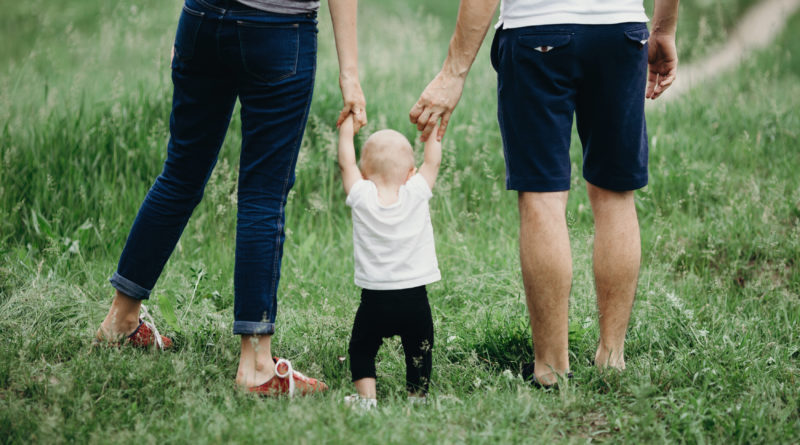These five differences in how Americans parent their children might surprise you
1,407 total views, 1 views today
When it comes to raising kids, each country has its own customs that may seem strange in other parts of the world. Some of these actually seem like they might be better than how we do things stateside.
- Neverending potty training
American parents change disposable diapers for their babies until they’re two or three years old. You know what that means? Using an average of ten diapers a day for three years a baby would have worn about 11,000 diapers!
Parents in some other countries, however, train their babies as early as nine months. This study in Vietnam revealed that babies are trained to toddle to the bathroom when they hear their mother’s whistle. Cool, right?
Mothers spend time trying to decipher cues from the baby signifying they want to poop or pee. With time, the baby learns to associate this whistling with going to the bathroom, eliminating the need for so many diapers.
I guess it’s time to start working on your whistling skills.
- Parking your baby outside the restaurant
Well, it’s not like we’re saying babies are cars, but we all know how we love to eat out in America (as much as three or more times a week), and it’s a no-brainer bringing our babies inside. Some places are less than welcoming to children, however, and you find yourself having to apologize with straight faces and gratuitous tips to the server after our babies end up making a mess everywhere.
But what if you could park your baby (inside her stroller) outside the restaurant? Parents in Denmark do that.
In a bid to have kid-free dates, Danish parents leave their babies outside, go in for a good time, after which they stroll their babies home. Parents in Denmark and Scandinavia believe napping in the outside cold is actually good for their kids. There’s no fear of kidnapping because Denmark regularly tops the list of the safest countries in the world.
Maybe it’s time to start leaving your babies outside the diner. Or maybe just spring for a sitter.
- The age of human pacifiers
While pacifiers mean less breastfeeding for the sake of soothing, moms still have to wake up a million times to pop in pacifiers.
The Aka Pygmy tribe in Western Congo have other ideas though. If mom’s trying to poop, or she’s locked herself inside her bedroom to think about the origin of life and the foundations of the world, anybody around will offer their breast to the baby to suckle.
American dads, this is your chance.
- Starting school at a very young age
Yes, some American moms wake up in the morning, sit on a stool, rub their bulging tummies and say to their unborn babies, “It’s time to learn, so listen up,” before proceeding to read the books. And while it’s true that reading and playing music to unborn children is beneficial, some people push it too far.
Well, parents all want their kids to excel in school, so they send them to prep kindergarten programs as early as 3 years.
Finnish kids, however, don’t start Kindergarten till they turn 7– not even Pre-Kindergarten. Yet, they are able to do simple math and read sentences by the time they start.
In Finland, unlike the US, kids are mandated by law to have access to universal preschool programs, irrespective of their parents’ income, and by age 15, most Finnish kids outperform kids from other countries, including the US, in standardized international tests.
- Bingeing on baby purees
Most parents in the US start feeding their babies with soupy cereal mixtures and a pureed blend of fruits, vegetables, and many other unspeakable things. But families in Europe, practice baby-led weaning, feeding their babies with whole foods from the very start.
Don’t be startled when you visit your friends in Holland, and you see their one-year-olds eating the same thing you’re eating because, according to feeding experts, it’s totally fine.
Maybe it’s time for your babies to enjoy what you enjoy.

